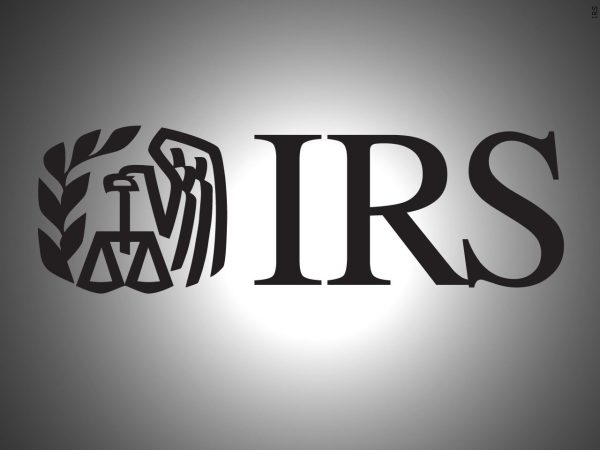
The Internal Revenue Services, or IRS, commissioner recently resigned after the IRS and the Department of Homeland Security finalized an agreement to provide sensitive taxpayer data to federal immigration authorities. This agreement is subject to President Donald Trump’s new plan to locate and deport undocumented immigrants.
Melanie Krause, the former IRS commissioner, stepped down from her position with the main reason citing the overall concern about the legality of the measures.
Now, the IRS is involved in its typical tax administration, as well as immigration enforcement. Legality considerations and leadership changes are now apparent.
Krause is the third leader who chose to leave during Trump’s presidency. To ensure a smooth transition, Krause utilized a “deferred resignation.” This means she will be leaving at a later date than her official resignation announcement. Her departure could be as early as April 28 or as late as May 15.
The president’s decision to implement new changes within the IRS, with the most controversial one being the distribution of sensitive taxpayer information, explains these resignations.
The Department of Homeland Security, or DHS, would request information such as addresses, income data and taxpayer identification numbers from the IRS. Immigration and Customs Enforcement, or ICE, would use this data to deport undocumented immigrants and locate those under criminal investigation.
There are concerns about potential lower tax compliance. U.S. citizens may be wary of complying because of the general idea of the IRS distributing sensitive information.
“People who otherwise would have volunteered to file their taxes may have a reason to think filing their taxes could result in some non-tax implementations,” said Victor Burns, a lecturer of accounting at GCSU.
Burns highlights the concern for the lack of tax filing. He reiterates his point by addressing how there could be a revenue drop-off in the government that is parallel with the failure to file taxes.
According to the Institute on Taxation and Economic Policy, undocumented immigrants contribute $96.7 billion in taxes to the U.S. economy. Without this contribution, there could be a decrease in government funding within the realm of education, infrastructure and healthcare.
On the other end of the spectrum, many argue that this could simplify enforcement efforts, which reduces the number of undocumented immigrants, relating this action to the overall safety of the country.
The question at hand is whether this is constitutional. There are exceptions for sharing taxpayer information under criminal investigations. The government has argued that immigration enforcement falls within these boundaries. Contrarily, experts note that the Fourth Amendment protects against unreasonable searches and seizures. If taxpayer data is shared without legal justification, there could be ways to challenge this in court.
“This could lead to issues regarding the 14th Amendment, such as if certain groups are unfairly targeted in data sharing,” said Anna Carey, a junior political science and rhetoric major.
Carey mentions a point that is a concern for many individuals. The 14th Amendment guarantees equal protection under the law. If the data is disproportionately used by targeting specific communities, ethical questions could begin to arise.
This type of deal is atypical, but not unheard of. In the past, the IRS has worked closely with the Drug Enforcement Agency and the Federal Bureau of Investigation to locate specific criminals.
“This is just an agreement making the process easier, particularly between the IRS and ICE. It is just formalizing a process that is already there,” said Cullen Wallace, an economics professor at GCSU.
Wallace explains that this is not something new and that it is just an addition to a current implication.
Though broad agreements for enforcement are not common. Narrowing the scope to undocumented immigrants is a new action. The IRS has also generally resisted sharing taxpayer information with other agencies.
Today, immigrant rights groups have filed lawsuits against the Treasury Department, saying that it violates privacy laws. There has been no official action yet to share taxpayer information.
What remains clear is that there is now a shift in how taxpayer information is held, with some viewing it as a necessary step and with others viewing it as unethical.

